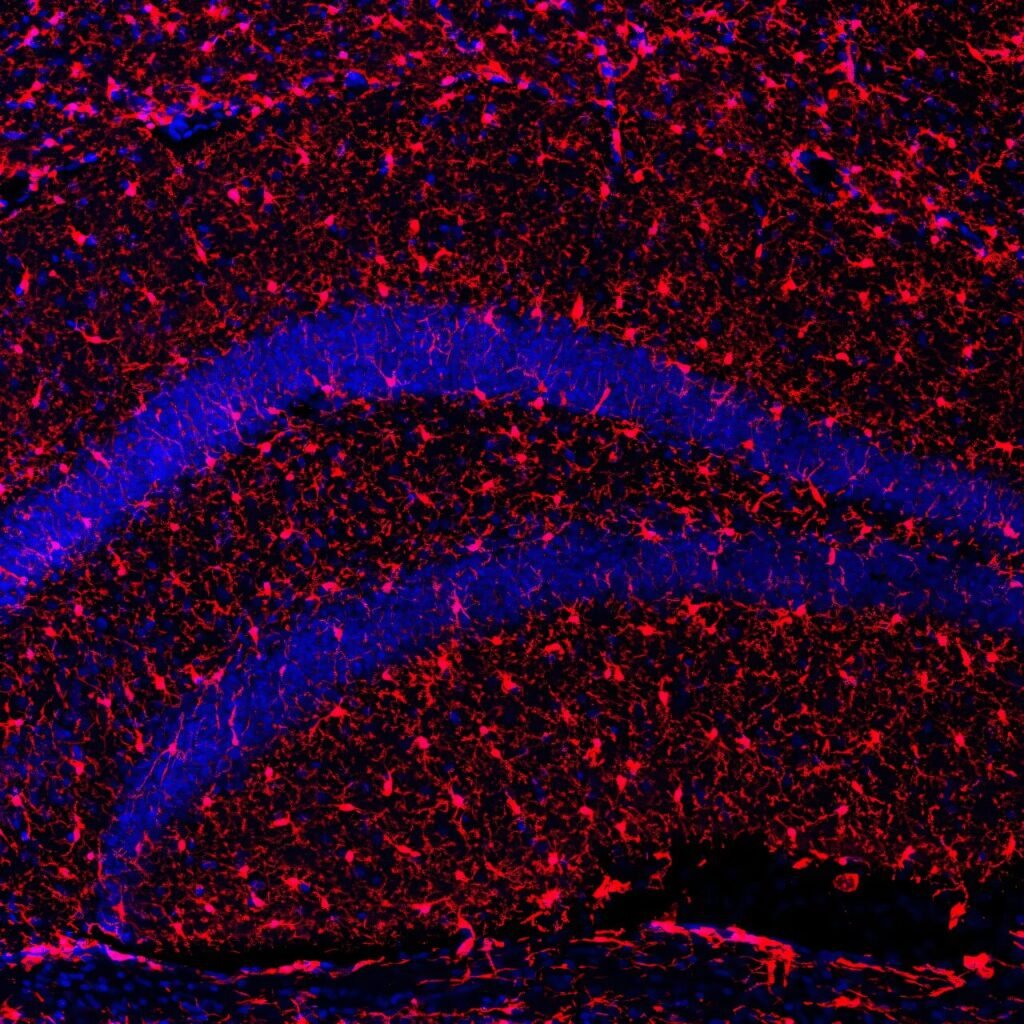An exciting new study led by the Institut de Neurociències at the Autonomous University of Barcelona has revealed the potential of the Klotho protein in promoting healthy aging and longevity. The research, published in Molecular Therapy, showcases how increasing levels of the secreted form of the Klotho protein (s-KL) can have a significant impact on the physical and cognitive health of aging mice.
As we age, it is common to experience a decline in muscle and bone mass, leading to increased frailty and a higher risk of injuries. Additionally, cognitive abilities may deteriorate, and neurodegenerative diseases become more prevalent. Addressing these challenges associated with aging is crucial in our aging society.
The study involved treating young mice with gene therapy vectors to boost the production of s-KL in their cells. When these mice reached 24 months of age, equivalent to 70 human years, the researchers observed improvements in muscle, bone, and cognitive health compared to untreated mice.
Mice treated with s-KL lived 15–20% longer and exhibited enhanced physical performance, larger muscle fibers, and reduced fibrosis, indicating improved muscle health. Female mice also showed better preservation of bone structure, suggesting a potential protective effect against osteoporosis. Furthermore, s-KL treatment in the brain promoted the generation of new neurons and increased immune activity in the hippocampus, hinting at cognitive benefits.
The viral vector gene therapy used in the study introduces copies of the gene responsible for s-KL production into the cells, enabling them to produce the protein independently. Administration of these vectors intravenously and directly into the brain ensured that brain cells also produced s-KL.
The research team has patented the use of Klotho for treating cognitive deficits and filed new patents related to bone and muscle health, as well as longevity. Finding an efficient delivery method for s-KL could have a profound impact on improving quality of life and contributing to a healthier society.
In conclusion, the study underscores the potential of s-KL in promoting healthy aging and longevity. With further research and development, this protein could emerge as a valuable tool in enhancing overall well-being and extending lifespan. The findings open up new possibilities for addressing age-related health issues and improving the quality of life for individuals as they grow older.


